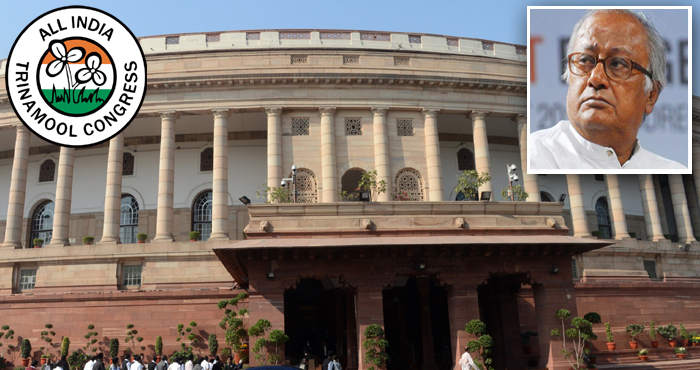Full Transcript
Sir, I rise to speak on the Enemy Property Act 1968 and Public Premises Eviction Of Unauthorised Act 1971.
I give the BJP credit for creating an All-India record in the sense that this is the fifth Ordinance on this issue since 2016. From 1952 till date there has been no Law on which there has been five Ordinances, one after the other. If this is not an example of Ordinance Raj, I do not know what Ordinance Raj is. May be the Minister will give an explanation has to why as many as five Ordinances were necessary.
Sir, basically I have nothing against the contention of the Bill which we will discuss later. But, it has a strange history. This Bill was debated in this House in March and I mentioned then that this Bill is actually to take care of the properties of one particular enemy. Who is that person? That is Raja Of Mahmudabad. He was one of the big landlords of UP. He was a friend of Jinnah and he went to Pakistan after Partition. In 1968, after the Ordinance was passed, his property – much of which is in the city of Lucknow – became enemy property.
Enemy property was there in all states; in our state West Bengal maximum number of enemy property was there. What happened is that the custodian of enemy property was appointed, he took all the property under possession and started disposing off. He invited, in turn, applications from people who had lost their land or property in East Pakistan so that they would be given compensation – not full compensation but 25 % ex-gratia compensation.
A strange case happened in the case of Raja of Mahmudabad. His son came to India and became a citizen of India; then he went to the Supreme Court and claimed all those properties which were declared enemy properties; he even became MLA twice.
He claimed that the properties that belonged to his father should come to him. Supreme Court gave a judgement saying that the property should be returned since the son of the Raja of Mahmudabad was indeed an Indian citizen. Now, if that would happen property worth thousands of crores would pass to the hands of the son of Raja of Mahmudabad in the main area in Lucknow: Hazratganj, where most of the shops are situated. If he started evicting the tenants all the big shops there would be teared down and then there would be tremendous civil turmoil in Lucknow. That is why this Bill was brought.
In March we had said that we had no objection to this Bill; we had at that time said that since this Bill has certain legal implications it should be referred to a Standing Committee. Madam, you in your wisdom, and the government in their wisdom, decided not to do so and the Bill went to Rajya Sabha. The Rajya Sabha formed a Select Committee to go into the Bill. We – the Lok Sabha members who are directly elected – were deprived of the chance to scrutinize the bill and give our inputs on the Bill.
The Select Committee in Rajya Sabha went into the Bill. They made certain amendments and that’s how this new Bill came has now come to Lok Sabha. There are certain important changes. Earlier, it was said that as far as this Bill is concerned, there would be no jurisdiction of civil courts. Now that is remaining but what the government has added after suggestions from Rajya Sabha is that they have said that now there will be recourse in High Courts. Within 60 days, one can apply to the High Court and if within 60 days they cannot apply, then another 60 days is allowed with the permission of the High Court. Now this is reasonable. I think this is something which was raised earlier and this giving of opportunity to go to the High Court – as they say, “any person agreed by an order of the Central Government under Section 18 within a period of 60 days from the date of communication or receipt of the order may make an appeal to the High Court on any question of fact or law arising out of such order.” This is comprehensive. After this the Bill has become much better, and so we have no difficulty in passing the law.
I again say – initially in March also I had said – that we are totally in agreement with the object of the Bill: to see that the descendant or inheritor of any person became an enemy and whose property became an enemy property does not inherit that property. With special reference to the property of the Raja of Mahmudabad, whose property is in Lucknow, Muzaffarnagar and other places. So with these words, I support the Bill.
However, the government should not have taken the Ordinance route. They should not have created a ‘world record’ by bringing five Ordinances. They should have tried to find a solution by which the House can pass a law without taking a recourse to Ordinances.

